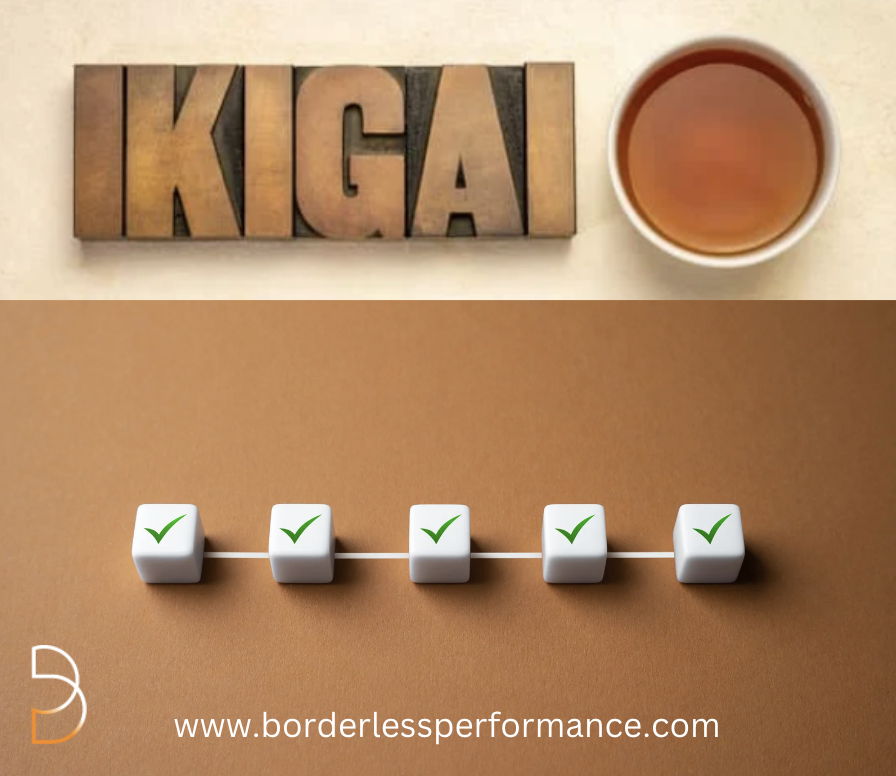In today’s dynamic business environment, constant change is a reality. Whether it’s new leadership, restructured teams or evolving processes, adapting to these shifts can be challenging, sometimes leaving you feeling drained and demotivated. Change fatigue is a real struggle for many. It’s important to know that you are not alone and that there is hope – you can find a way to navigate the ever-shifting landscape of your workplace.
What does change fatigue look and feel like?
Recognising some of these symptoms is crucial before you address change fatigue effectively.
- Emotional impact: Frustration, apathy, anxiety, exhaustion, detachment and a reduced sense of control.
- Behavioural impact: Procrastination, decreased productivity, absenteeism and increased conflict.
- Mental impact: Negative self-talk, all-or-nothing thinking, lower confidence, difficulty concentrating and a fixation on the past.
What is the root of the problem?
Change fatigue can have several contributing factors. It could be just one or a mixture of each of these that are causing change fatigue in your organisation:
- Change overload: Feeling like you’re constantly bombarded with updates, training and restructuring leaves little room for adaptation and saps your energy.
- Leadership disconnect: New leadership styles and unclear expectations can create feelings of uncertainty, being unappreciated at work and feeling confused about your role and where you fit in.
- Lost identity: When the organisation transforms around you, it’s easy to lose sight of your own value and contribution, feeling a lack of purpose.
Empowering yourself to get out of the ‘funk’
The good news is that you can navigate this ever-shifting landscape, by arming yourself with these simple yet effective strategies.
FEELING OVERWHELMED?
- Write it down: Writing your challenges, concerns or worries on a piece of paper will externalise them and make you feel less burdened.
- Take control: Identify areas you have direct control over and those you can influence to create yourself an action plan.
- Set realistic goals. Don’t try to do too much at once. Start small and gradually increase your goals as you feel more energised.
FEELING LOST & UNCERTAIN?
- Seek support: Talk to a trusted colleague, mentor or coach about your challenges. Having someone to listen and offer guidance is invaluable.
- Communicate openly: Share your concerns with your manager or leadership team. Open discussion will address any misunderstandings and identify potential solutions.
- Embrace learning: View change as a chance to grow and develop new skills.
- Find your purpose: Reconnect with your strengths and values. Remind yourself how your work contributes to the organisation’s goals and how you can add value in the new environment.
FEELING NEGATIVE & UNMOTIVATED?
- Manage your stress: Prioritise self-care like taking regular walks and using relaxation techniques to reduce stress and boost your energy levels.
- Let it go: If you are worrying about something you have no control over, think of a strategy to help you to deal with the situation and let go of the worry.
- Positivity is key: Surround your time with positive people that will have a contagious effect on your mood and motivation.
- Be kind to yourself: Celebrate your successes, no matter how small.
Remember, change is inevitable, but it doesn’t have to be overwhelming. By understanding the root causes of change fatigue, recognising its symptoms, knowing you are not alone and taking proactive steps, you can emerge from the “funk” feeling energised, motivated and ready to embrace the future.







